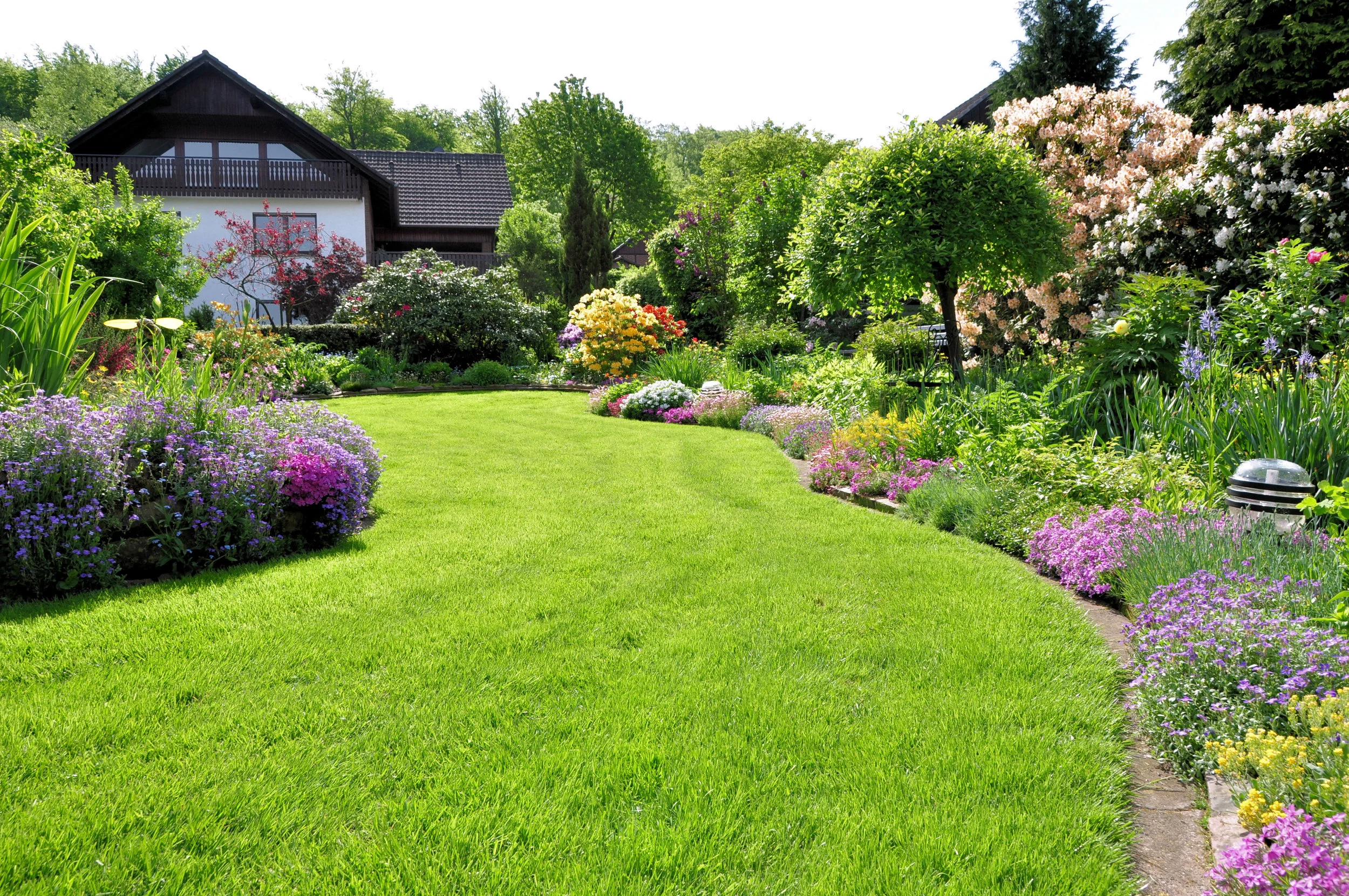Why the carbon cycle is extremely out of balance, and atmospheric CO2 levels will continue to rise as long as fossil fuels continue to be burnt.
Read MoreEvergreen trees and shrubs such as azalea, boxwood, holly, rhododendron, arborvitae, cedar, cypress, juniper and pine are particularly susceptible to winter damage.
Read MoreIt's fall and that means leaves are littering lawns around the country. Time to take out the rake and bag up them up, right? Wrong. Environmental experts say raking leaves and removing them from your property is bad not only for your lawn but for the planet as a whole.
Read MoreDid you notice patchy areas of your lawn this summer or holes in the leaves of your shrubbery and flora? Pesky beetles that frequent our area of the country can cause major damage in all stages of their lives, above and below the surface of our landscape.
Read MoreDid you know that October and November is peak activity time for adult ticks? Until the temperature is consistently below 45 degrees, the ticks will be migrating. It's important to check yourself and your pets for ticks after all outdoor activity. Just one bite could change your life.
Read MoreComposting means recycling food waste or organic material to the soil, which is then broken down by natural bacteria and turned into compost or a dark, soil-like humus and an incredibly rich (and free) organic fertilizer!
Read Morearlier this summer, John Recker installed a new plastic fence on his deck. Within a couple of weeks he noticed it was black with what appeared to be soot.
“New white plastic should be clean,” he said.
His wife attacked it with cleansers, but it came back. Then, he noticed it on his cars.
Read MoreBeginning in the summer of 2018 and again in the late spring and early summer of 2019, a widespread outbreak of lecanium scale activity on oak was reported on much of Cape Cod and Martha’s Vineyard.
Read MoreAlong with the cookouts, volleyball games, hiking, camping and other glories of summer come mosquitoes and ticks. But pesticides or products containing DEET, are associated with a variety of health problems ranging from dizziness to seizures with children being particularly susceptible. There are several safer and effective alternatives.
Read MoreIt’s never too early for kids to make environmentally responsible practices a part of their daily life. To protect the future of the earth, kids must get involved. That’s how change happens. Below are simple, money-saving, kid-friendly ideas that make a difference.
Read MoreDandelions have an awful reputation; we’re brainwashed into thinking the pretty yellow flowers are a nuisance weed we have to battle every year with a toxic herbicide. In fact, they are an edible and very beneficial plant for soil and human health!
Read MoreTrees like humans, need preventative care to ward off disease, especially as they suffer from environmental stresses like air pollution, soil contamination and compaction, exotic invasive insect pests, temperature extremes, devastating storms and drought.
Read MoreNow that summer is in full swing, watering your trees properly is one of the best ways to keep them healthy and stress-free.
You can live with a few weeds in your lawn, but in a vegetable garden, weeds are a problem. They quickly spread, crowd out vegetable plants and impact productivity. If you are growing vegetables organically, then obviously your weed control should be non-toxic as well.
Read MoreCheap, effective and OG (the original “green”), baking soda bakes, cleans, heals, disinfects, scrubs, deodorizes, exfoliates, and brightens just about everything in the home. But did you know baking soda is great in the garden too?
Here are some fabulous tips from plantcaretoday.com.
Read MoreOaks and White Pine were the predominate species established in our sandy soils, and are the backbone for carbon sequestration and recycling on this terminal moraine of the Laurentide glacier that carved this beautiful ocean peninsula called Cape Cod. As soils were depleted of organic matter, the White Pine’s ability to thrive gave way to the imported Pitch Pine, but the mighty oaks persevered. Is their decline imminent too? Can we possibly save the Cape’s only surviving deciduous primeval forest species? Or will only short lived trees like the poplar and the birch survive?
Read MoreWhat is compost tea?
Compost tea is a natural organic fertilizer made from compost, or more specifically a water extract of compost that is brewed to give the bacteria, fungi, protozoa and nematodes a chance to increase in number and activity using the nutrients present in the water. It is also a highly effective natural insect and disease inhibitor. Compost tea is inexpensive and often an easier method of applying compost, especially to your trees and shrubs.
Read More“It’s better to dig a five-dollar hole for a fifty-cent plant than to dig a fifty-cent hole for a five-dollar plant.” goes the old garden adage and how true that is. A good plant won’t grow in poor soil, but a poor plant will grow in good soil.
Read MoreWinter Moth caterpillars emerge in the spring, usually around April of each year. They feed on the leaves and buds of maple, oak, ash, apple, crabapple trees and more. Infested trees can become completely defoliated, which when gone untreated, can not only ruin the aesthetics of your landscape, but lead to the death of the tree.
Read MoreBesides their general beauty, trees provide many benefits for us, wildlife, and the planet.
Read More




















